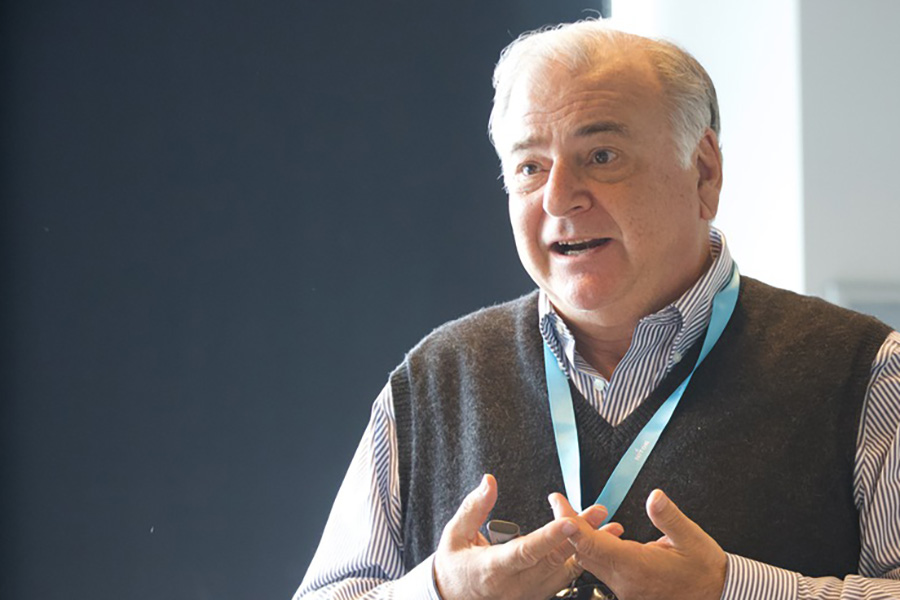Miranda on MoSCoW Rules
By Jen Potter
Eduardo Miranda, Associate Teaching Professor in the Institute for Software Research (ISR), Masters of Software Engineering (MSE) Programs, presented his research on evidence-based agile at the XP 2022 conference in Copenhagen, Denmark in mid-June.
Considered the premier Agile software development conference that combines research and practice, XP brings together Agile researchers, practitioners, thought leaders, coaches, and trainers to present and discuss recent innovation, research results, experiences, challenges, and trends.
The theme of this year's conference was Agile in the Era of Hybrid Work. Participants were asked to explore how agile methods — which have traditionally favored small, co-located teams, and emphasized face-to-face interactions — have successfully scaled up to serve large and distributed projects as we face new challenges in the era of hybrid work environments.
Miranda's presentation “MoSCoW Rules: A quantitative exposé,” [pdf] is an analysis of the ability of the MoSCoW method to deliver all features in the categories of Must Have, Should Have, and Could Have, using the Monte Carlo simulation. Miranda's analysis shows that under the MoSCoW rules, a team should be able to deliver all of the Must Have features for underestimations of up to 100% with very high probability. The conclusions reached are important for developers as well as for project sponsors as it allows both parties to know how much faith they should place in commitments made about project deliverables.
 photo credit:
photo credit: